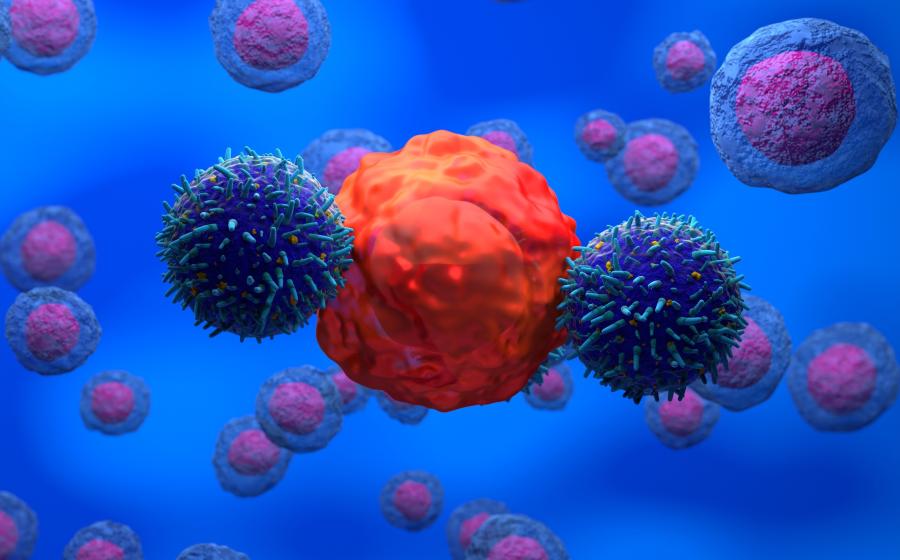Caribou aims to set itself apart from the allogeneic Car-T herd
For now, the group is sticking with what it knows ahead of a big year in lymphoma.
Car-T comes full circle
Bristol renews its focus on chronic lymphocytic leukaemia, but rivals haven’t fared so well here.
Sana regains some of its shine
The first case reports with the group’s lead Car-T therapy, plus talk of autoimmune diseases and diabetes, prompt a 39% share price surge.
Two allogeneic cell therapy switches in a day
Allogene joins Adicet in going back to the drawing board and scrapping trials in late-line aggressive lymphoma.
Cellular Biomedicine draws a line under its past
After a rollercoaster existence Cellular Biomedicine Group has a new name, and new deals with AstraZeneca and J&J.
Crispr abandons first-generation Car-T projects
The company hopes that new edits could solve the relapse problem with allogeneic Car-Ts.
















